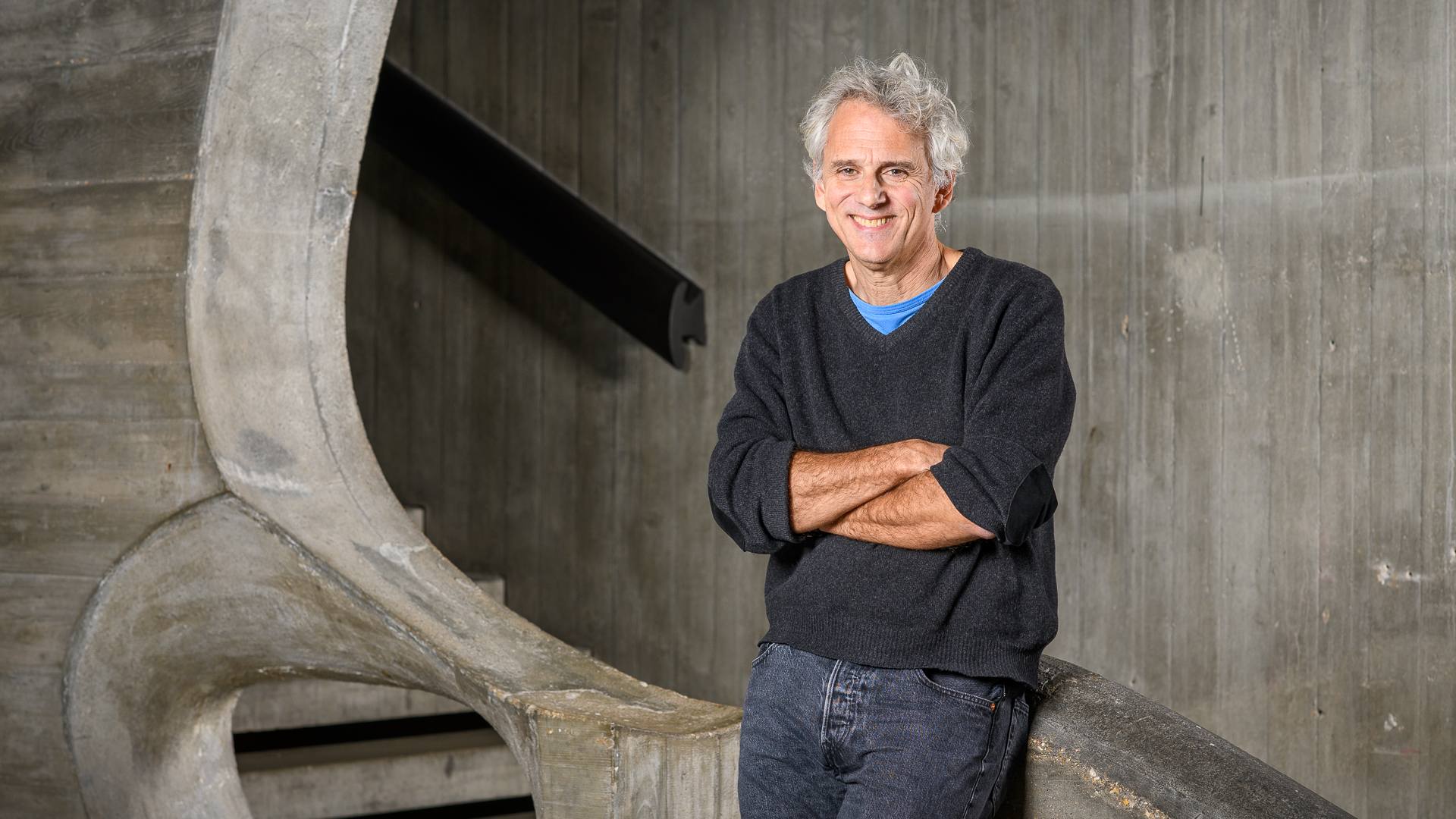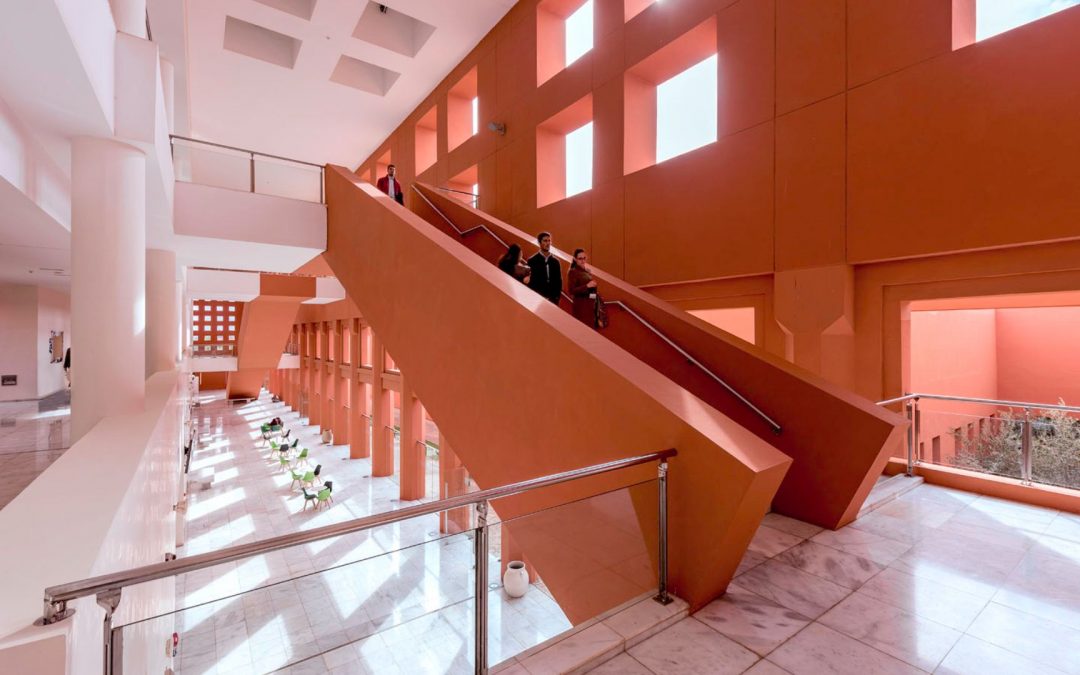When abnormally activated, the mTOR protein can contribute to the development of cancers and certain monogenic diseases that affect around 2 million people worldwide. The multi-disciplinary MENTOR project, which stands for Metabolic control of cell growth by mTOR in pathophysiology, coordinated by Université Paris Cité, will be launched as of January 2025. The goal is to study how these growth mechanisms work in order to develop treatments adapted to each patient.

Dr Mario Pende © François CHRISTOPHE / Institut Necker Enfants Malades
An Interdisciplinary Approach to Research & Training
The MENTOR project, coordinated by Dr Mario Pende at Université Paris Cité, is one the 17 French winners of the MSCA Doctoral Networks call for project proposals. The project brings together 15 laboratories specialising in chemistry, biology and health. Joint funding from the European Union and Switzerland will enable the recruitment of 18 PhD students, each of whom will work in one of the 15 laboratories related to their field of study. “The idea of the project is to get students in chemistry, biology and medicine to work together,” explains Dr. Mario Pende. Students will be trained through collaborative research, as well as through thematic schools planned as part of the programme.
Focus on mTOR Signaling Pathway
The mTOR signaling pathway, on which the project will focus, “has the ability to detect nutrient and insulin levels around the cell”, says Mario Pende. This ability to recognise nutrients is crucial, as it enables mTOR to trigger the cell’s growth mechanisms and the synthesis of macromolecules such as DNA, RNA and proteins. When mTOR is abnormally activated, it can contribute to the development of cancers and certain monogenic diseases that can threaten the lives of children, by preventing the proper development of organs such as the brain. Research is therefore needed to “develop treatments specifically adapted to children’s pathologies and the genetic mutations observed”, explains Dr. Pende.
By involving several scientific disciplines, MENTOR plans to conduct a comprehensive study of the mTOR signaling pathway. “Chemistry laboratories will work on the production of inhibitors to regulate enzymes involved in these growth mechanisms, while laboratories specialising in genetics will work on identifying new mutations involved in the various pathologies. Biologists will focus on molecular mechanisms and medical services on patient care”, explains the researcher.
Collective Support at UPCIté
Mario Pende says that, for the MENTOR project, “the work done by Université Paris Cité was instrumental in providing administrative support”. In particular, the project design department of the Faculty of Health was involved in drafting the project and signing the documents required for financial support from the European Union. Université Paris Cité is also involved in drawing up the budget and financial management of the 4 million euros allocated to the MENTOR project by the European Union. In addition, the university will be contributing to the creation of an intellectual property charter and to the monitoring committees that will be set up for doctoral students.
Read more
![[Circle U.] Fast Forward Open Science](https://www-test.u-pariscite.fr/wp-content/uploads/2025/09/CC.-OPEN-ACCESS-WEEK-1080x675.png)
[Circle U.] Fast Forward Open Science
On the 22nd of October from 1:30 to 4:30 pm, Circle U. will host the online event ‘Fast forward Open Science’, led by Université Paris Cité, as part of the International Open Access Week 2025. Experts in open access publishing, research data management, open source...
read more
Results of the 2025 Call for Projects with the University of Toronto
The 2025 call for projects between Université Paris Cité and the University of Toronto met with great enthusiasm within the scientific communities of both institutions. Eighteen proposals were submitted by pairs of researchers; five projects were selected at the end...
read more
Call for projects 2025 UPCité – King’s College London
The call for projects between Université Paris Cité (UPCité) and our privileged partner King's College London (KCL), has been launched this friday, May 9th 2025. The objectives Université Paris Cité and King's College London are offering offering a seed funding for...
read more
UM6P and UPCité Offer Two Joint PhD Scholarships
Mohammed VI Polytechnic University (UM6P) and Université Paris Cité (UPCité) are strengthening their collaboration by offering two joint PhD scholarships for thesis projects affiliated with one of UPCité’s Graduate Schools. This call aims to reinforce...
read more